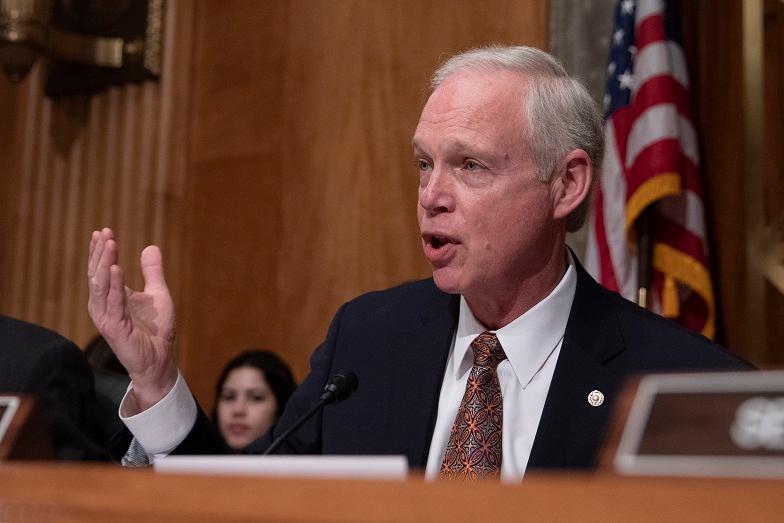Twenty-one Republican senators want President Joe Biden to reconsider revoking his predecessor’s executive order telling federal agencies to publish guidance on how they interpret and apply regulations.
On his first day in the Oval Office, Biden revoked then-President Donald Trump’s Executive Order 13891 that required creation of a public database of agency guidance documents, based on a bill in Congress with bipartisan support, the Guidance Out of Darkness (GOOD) Act.





